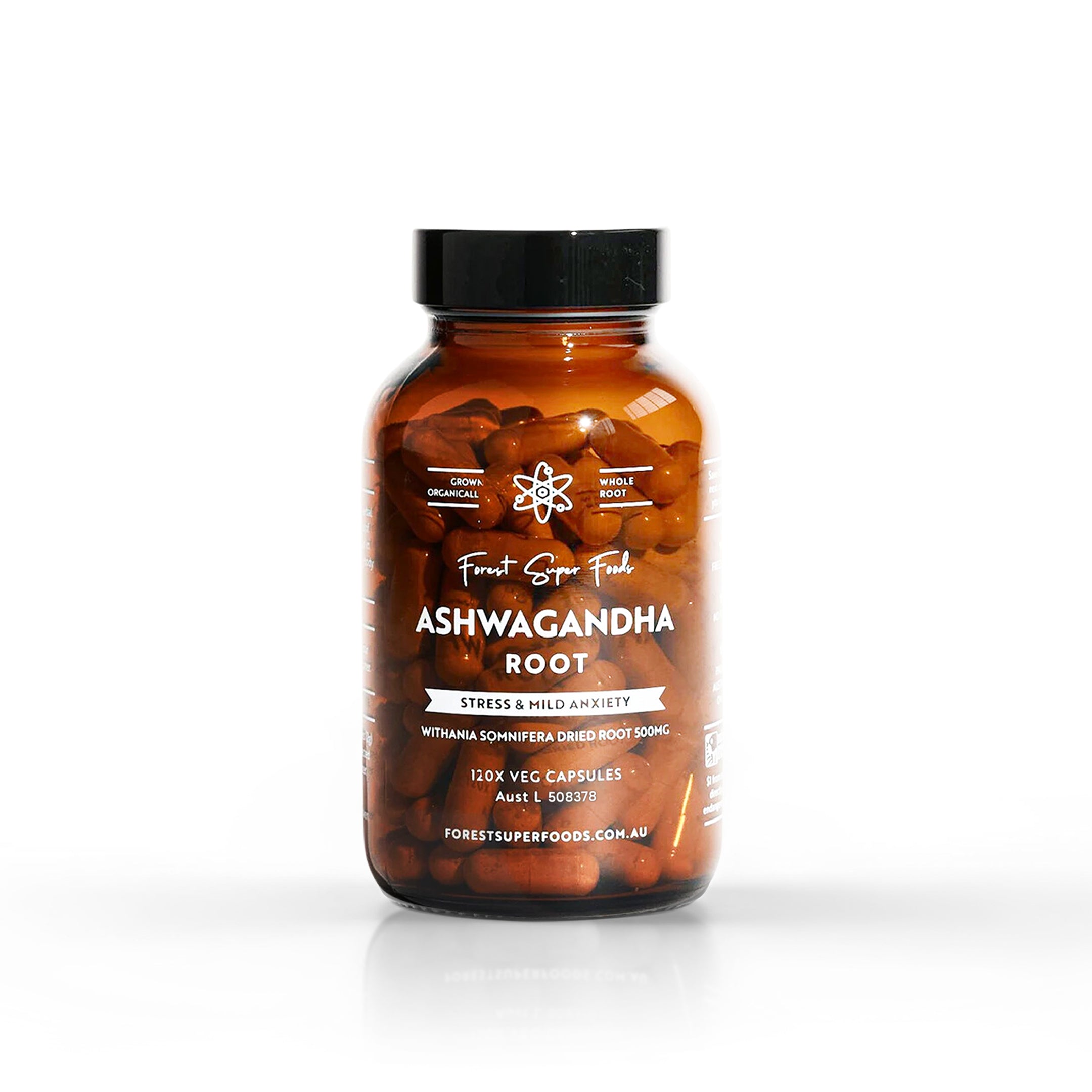Do you often find yourself wide awake at 3AM, your mind alert and your body restless, with no clear reason why?
You're not alone. And it's not just a sign of being a light sleeper. For many people, this pattern points to a hormonal imbalance, specifically between cortisol and melatonin — the two key players that regulate your sleep-wake cycle.
Let’s take a look at what’s going on beneath the surface — and how nutrition and lifestyle changes can help.
The Cortisol–Melatonin Rhythm
Melatonin, often called the "sleep hormone", is released in the evening to help you drift into restful sleep. Cortisol, our primary stress hormone, should be low at night and gradually rise toward morning to help you wake up.
However, for many people today, that rhythm is disrupted. When cortisol spikes too early — around 3AM to 4AM — it can jolt you out of sleep. This is often triggered by stress, poor blood sugar control, or inflammation.
What Might Be Causing Your 3AM Wake-Up
Blood sugar dips: A sugary or unbalanced dinner can lead to a blood glucose crash during the night, prompting cortisol to kick in and stabilise levels.
High stress levels: Ongoing mental and physical stress keeps cortisol elevated throughout the day and night, disturbing your natural sleep rhythm.
Liver overload: The liver processes toxins mainly between 1AM and 3AM. If it’s overburdened, your body may become restless.
Suppressed melatonin: Exposure to bright light at night, late meals, or alcohol can reduce melatonin production and delay sleep cycles.
What You Can Do to Support Better Sleep
Here are simple, evidence based ways to rebalance your sleep hormones:
1. Eat a balanced evening meal
Include protein, healthy fats, and complex carbohydrates. This stabilises blood sugar overnight and reduces the risk of cortisol surges.
2. Support your adrenal function
Natural adaptogens like Ashwagandha have been shown to help regulate cortisol.
3. Encourage natural melatonin release
Limit blue light from screens after 8PM
Include magnesium-rich foods like leafy greens, nuts, and ceremonial raw cacao
Consider tart cherry or other melatonin precursors from food-based sources
4. Support your liver’s natural detoxification
Use foods like turmeric, beetroot, leafy greens, and herbal teas during the day to take pressure off the liver at night. Stay hydrated and avoid heavy evening meals or alcohol close to bedtime.
A Gentle Bedtime Ritual
Even 10–15 minutes of calming activity before bed — like reading, stretching, or quiet reflection — can shift your body into a parasympathetic (rest-and-digest) state. This sets the stage for deeper, more restorative sleep and helps reduce the likelihood of a 3AM wake-up.
Organic Ashwagandha CapsulesA powerful supplement for your health and wellness. Order Now |

|
Frequently Asked Questions
What does Ashwagandha do for the body?
Ashwagandha is a traditional adaptogen known for helping the body manage stress. It may support hormone balance, improve energy levels, reduce anxiety, and enhance sleep quality. Some studies also suggest benefits for brain function, endurance, and immunity.
Is Ashwagandha allowed in Australia?
Yes, Ashwagandha is approved for use and sale in Australia as a listed ingredient in supplements. At Forest Super Foods, we ensure our Ashwagandha is 100% organic and compliant with Australian standards and regulations.
What happens if I take Ashwagandha daily?
Many people take Ashwagandha daily for long-term stress support, improved mood, and better sleep. Most benefits are noticed gradually over weeks. Always follow the recommended dose and consult a healthcare professional if you're on medication or managing a health condition.
Does Ashwagandha have side effects?
Ashwagandha is generally well tolerated, but in some cases, it may cause digestive upset, drowsiness, or hormonal effects. It's not recommended during pregnancy, and people with thyroid conditions or autoimmune disorders should consult their doctor first.
Does Ashwagandha make you sleepy?
Ashwagandha doesn't act like a sedative, but it may promote relaxation and help reduce overactive stress responses. This calming effect may support deeper sleep at night without causing grogginess during the day.
How long does it take for Ashwagandha to kick in?
Most people start noticing effects within 2 to 4 weeks of consistent use. However, it can vary depending on your health, dosage, and what you're using it for (e.g., stress, sleep, energy, or hormones).










1 comment
Lorraine
Hello,
I would like to express my gratitude for supplying this interesting and thought provoking information on sleep.
In a few simple, but profound words, it has helped me understand more about the functioning of the body system. Moreover why!
Thank you for the wonderful, safe, organic products you supply to the world. I enjoy the benefits everyday and now with greater understanding.
Gratitude today.
Warm regards
Lorraine.
Leave a comment
All comments are moderated before being published.
This site is protected by hCaptcha and the hCaptcha Privacy Policy and Terms of Service apply.